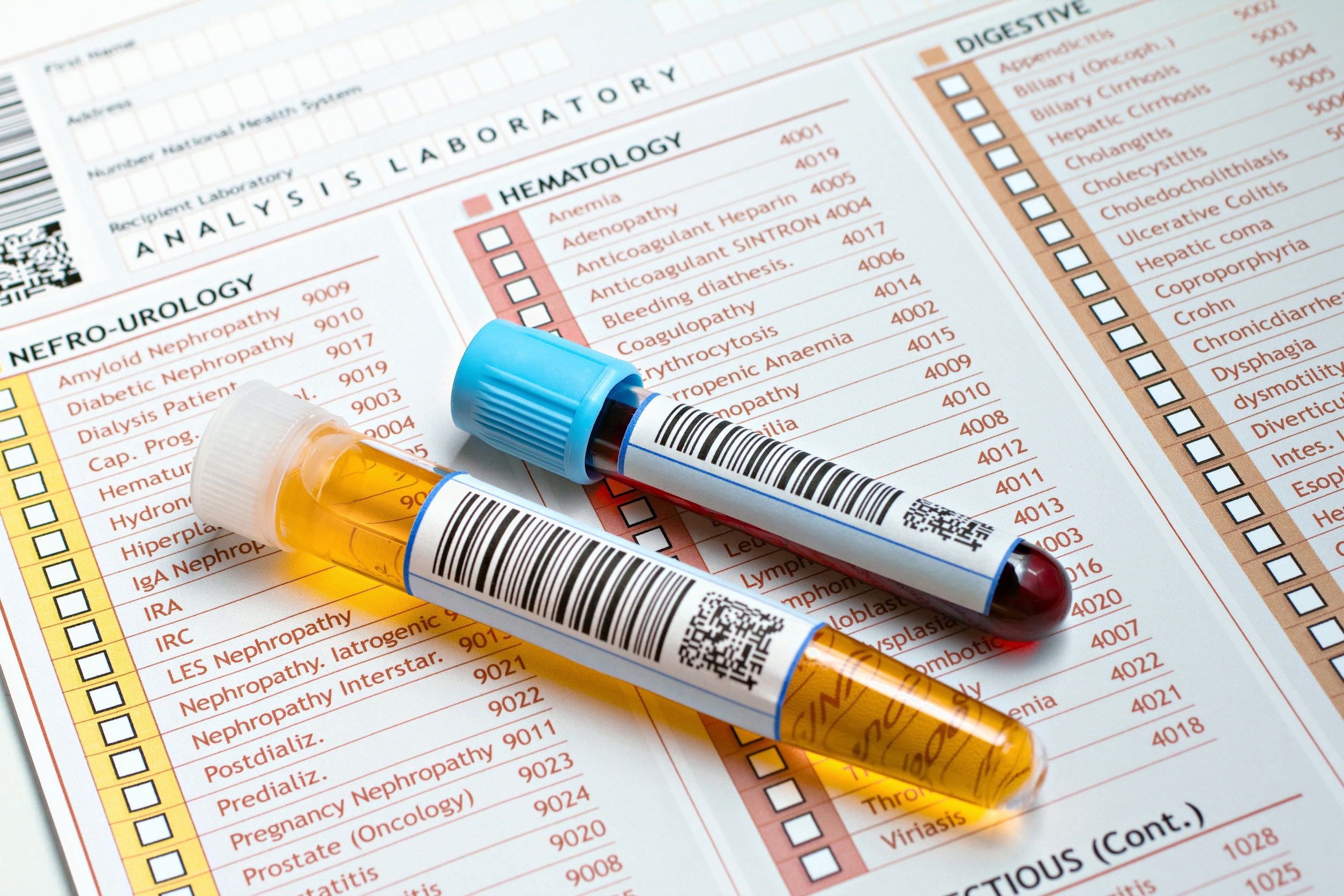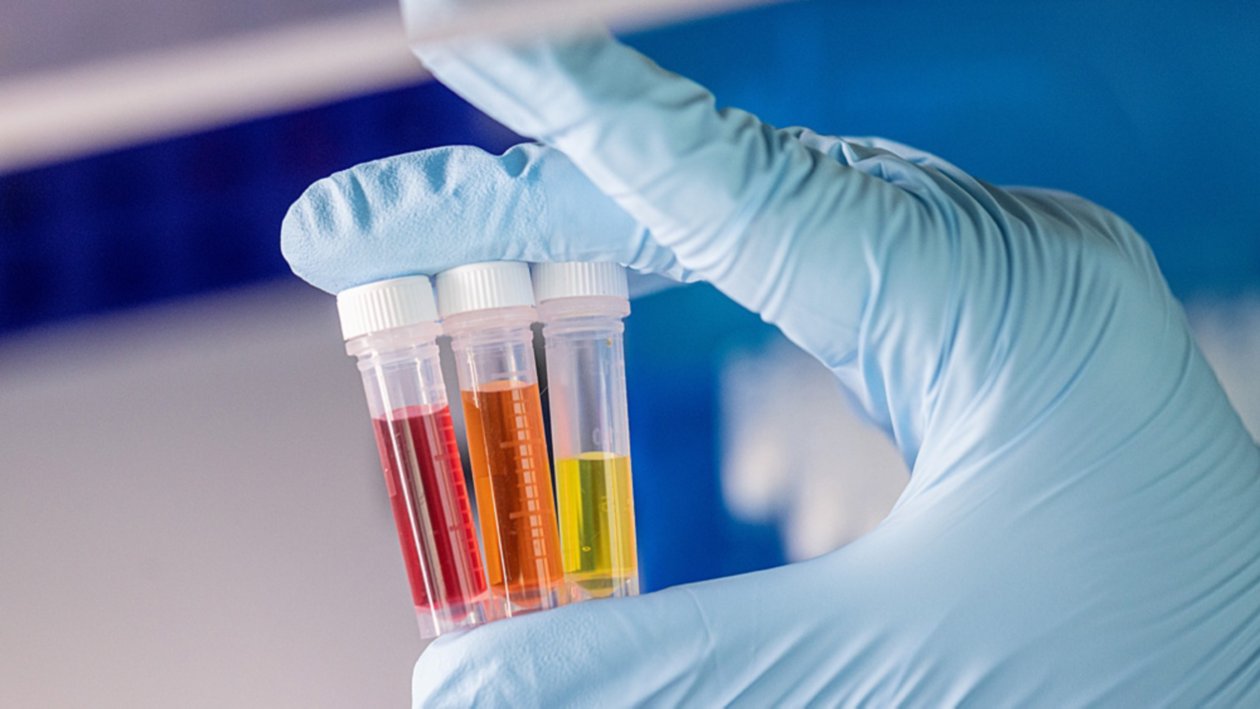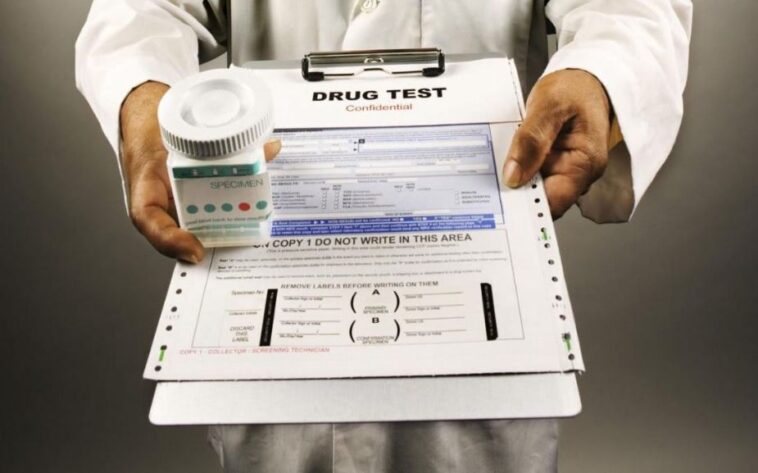In today’s world, drug use is a prevalent issue that affects individuals, families, and communities. Whether you’re a concerned parent, a business owner, or simply want to make informed choices about your health and well-being, drug testing kits can be valuable tools.
Drug testing kit can play a pivotal role in ensuring safety and accountability. This comprehensive guide provides basic information on their types and applications.
The Importance of Drug Testing Kits
Drug testing kits are indispensable tools used to detect the presence of drugs or their metabolites in a person’s body. They serve several crucial purposes:
Ensuring Safety:
- Drug testing kits are frequently employed in workplace settings, sports, and schools to ensure the safety of employees, athletes, and students.
- Law enforcement uses them to identify impaired drivers, thereby enhancing road safety.
Promoting Accountability:
- Drug tests can help individuals struggling with addiction to remain accountable for their sobriety.
- Parents can use these kits to monitor their children’s potential drug use.
Supporting Rehabilitation:
- Rehabilitation centers use drug testing kits to monitor patients’ progress and compliance with treatment plans.
Types of Drug Testing Kits

Drug testing kits come in various types, each catering to specific needs and situations. The primary varieties include:
Urine Drug Testing Kits:
- These are the most common and cost-effective kits, ideal for detecting various drugs.
- They provide quick results and are widely used in workplaces, schools, and rehabilitation centres.
Saliva Drug Testing Kits:
- Saliva tests are non-invasive and can detect recent drug use.
- They are often used in roadside drug testing and sports doping control.
Hair Drug Testing Kits:
- Hair tests can detect drug use over a more extended period, making them suitable for identifying chronic users.
- They are commonly used in workplace and legal settings.
Blood Drug Testing Kits:
- Blood tests are highly accurate and are often used in clinical and forensic settings.
- They can detect the presence of drugs in the bloodstream, providing precise information about drug levels.
Sweat Drug Testing Kits:
- Sweat patches are typically used for continuous monitoring of drug use over an extended period, making them ideal for rehabilitation programs.
How Drug Testing Kits Work
Understanding how drug testing kits work is essential for their effective use:
Urine Testing:
- Urine tests detect drug metabolites in urine.
- The sample is collected in a cup or on a test strip, and the kit provides results based on chemical reactions.
Saliva Testing:
- Saliva tests detect drug residues present in saliva.
- A swab is used to collect a saliva sample, and the kit analyses it for the presence of drugs.
Hair Testing:
- Hair tests involve analysing a hair strand for drug residues.
- The test can detect drug use over several months, depending on the length of the hair sample.
Blood Testing:
- Blood tests are performed in a clinical setting by a trained professional.
- They provide highly accurate results and can detect drugs shortly after use.
Sweat Testing:
- Sweat patches are worn on the skin, collecting sweat over a specified period.
- The patch is then analysed for drug residues.
Choosing the Right Drug Testing Kit

Selecting the appropriate drug testing kit depends on various factors, including the purpose, desired detection window, and budget. Consider the following when making your choice:
Detection Window:
- Determine how far back in time you want to detect drug use. Urine, saliva, and blood tests are best for recent use, while hair tests can detect past use.
Accuracy:
- Different kits offer varying levels of accuracy. Ensure the kit you choose meets your specific needs.
Ease of Use:
- Some kits are user-friendly and provide quick results, while others may require professional handling.
Budget:
- Cost varies among different types of drug testing kits. Balance your budget with your testing requirements.
Legal and Ethical Considerations:
- Understand the legal and ethical implications of drug testing in your particular context. Compliance with privacy and consent laws is crucial.
Common Misconceptions About Drug Testing Kits
Several things surrounding drug testing kits need to be clarified that can lead to confusion. Let’s dispel some of these myths:
All Drug Testing Kits Are the Same:
- Different kits have varying detection capabilities, accuracy, and application methods.
Drug Testing Violates Privacy:
- Drug testing should always be carried out with proper consent and adherence to privacy laws.
Drug Testing Kits Are 100% Accurate:
- While drug testing kits are reliable, they are not infallible. False positives and negatives can occur.
Hair Tests Are Always Accurate:
- Hair tests can be affected by external factors like hair products, leading to potential inaccuracies.
How to Use Drug Testing Kits Effectively

Using drug testing kits effectively is essential for accurate results and meaningful outcomes:
Follow Instructions:
- Read and follow the kit’s instructions carefully to ensure accurate testing.
Store Kits Properly:
- Store kits in a cool, dry place to maintain their integrity.
Maintain Chain of Custody:
- In legal and workplace settings, maintain a proper chain of custody to preserve the validity of results.
Seek Professional Help:
- Consult a healthcare professional or laboratory when in doubt or for precise testing requirements.
The Role of Drug Testing Kits in Different Contexts
Drug testing kits play a vital role in various contexts:
Workplace:
- Employers use drug testing kits to maintain a safe and productive work environment.
Sports:
- Sports organisations use testing kits to ensure fair competition and prevent doping.
Schools and Universities:
- Educational institutions employ drug testing to deter drug use among students.
Rehabilitation:
- Drug testing is integral to monitoring the progress of individuals in recovery.
Law Enforcement:
- Law enforcement agencies use drug testing to detect impaired driving and uphold public safety.
Ethical Considerations and Privacy

Ethical considerations and privacy are paramount in drug testing:
Consent:
- Ensure that individuals being tested provide informed and voluntary consent.
Privacy:
- Respect privacy rights and handle test results confidentially.
Discrimination:
- Guard against discrimination based on drug test results and offer support when needed.
The Future of Drug Testing Kits
As technology advances, drug testing kits are likely to become even more sophisticated:
Rapid Testing:
- Developments in nanotechnology may lead to faster and more accurate testing.
Portable Testing Devices:
- Mobile, smartphone-connected testing devices may become more prevalent.
New Substances:
- As new drugs emerge, drug testing kits must adapt to detect them.
Conclusion
Drug testing kits ensure safety, accountability, and health in various settings. Understanding the different types of kits, their applications, and their ethical considerations is essential for making informed decisions. As technology evolves, we can expect drug testing kits to become even more advanced, providing more accurate and accessible solutions for a safer and healthier world.




